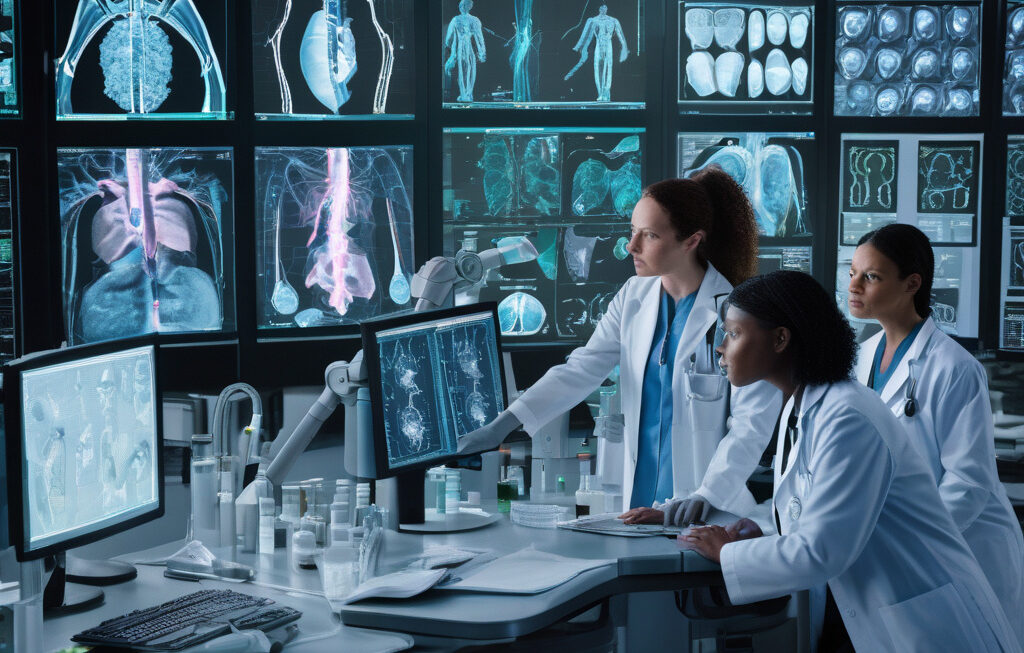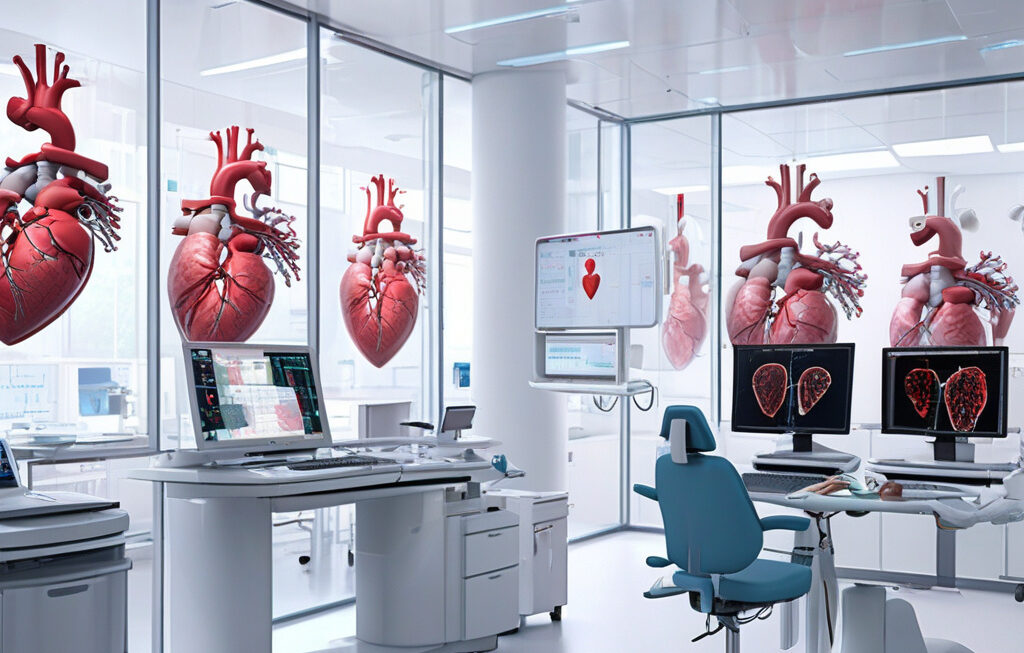AI Revolutionizing Early Detection: Saving Lives with Lung Cancer Diagnosis
Artificial Intelligence (AI) has been making waves in the healthcare industry, and its impact has never been more evident than in the case of a woman whose life was saved thanks to AI detecting lung cancer that had been missed by doctors. This groundbreaking technology has paved the way for early treatment and better outcomes for patients, highlighting the crucial role AI plays in revolutionizing healthcare.
In the past, the early detection of lung cancer has been a challenge, with many cases going unnoticed until the disease has progressed to advanced stages. However, AI has changed the game by using advanced algorithms to analyze medical imaging and identify abnormalities that may be overlooked by human eyes. In the case of the woman mentioned above, AI was able to detect subtle signs of lung cancer in a routine CT scan that had been initially deemed clear by physicians.
The timely intervention prompted by AI’s detection meant that the woman could undergo treatment at an early stage of the disease, significantly improving her chances of recovery. This success story underscores the tremendous potential of AI in transforming healthcare outcomes and saving lives through early diagnosis.
Moreover, the use of AI in healthcare goes beyond just early detection. AI-powered systems can also assist physicians in developing personalized treatment plans based on individual patient data, leading to more effective and targeted therapies. By harnessing the power of AI, healthcare providers can deliver precision medicine that is tailored to the specific needs of each patient, ultimately improving treatment outcomes and quality of life.
Despite the remarkable advancements facilitated by AI in healthcare, there are still challenges and concerns that need to be addressed. One major issue is the need to ensure the ethical and responsible use of AI technologies, particularly concerning patient data privacy and the potential for algorithmic biases. As AI continues to evolve and become more integrated into healthcare systems, it is crucial for stakeholders to establish guidelines and regulations that uphold patient rights and safety.
In conclusion, the case of the woman whose lung cancer was caught early thanks to AI serves as a powerful example of the life-saving potential of this transformative technology. By leveraging AI for early detection and personalized treatment, healthcare providers can significantly improve patient outcomes and ultimately save lives. As we continue to navigate the ever-changing landscape of healthcare, AI stands out as a beacon of hope in the fight against diseases like lung cancer.
early detection, AI in healthcare, personalized medicine, patient outcomes, medical technology












